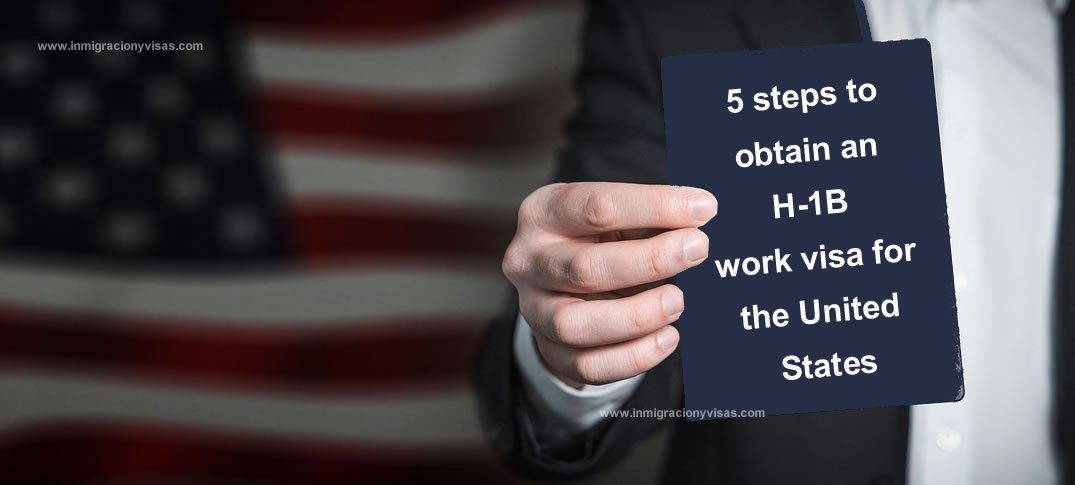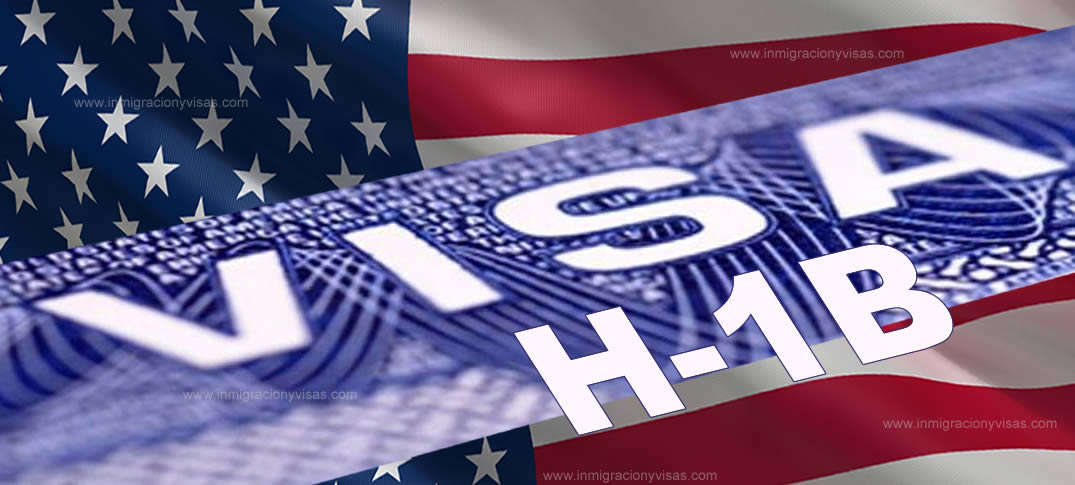The U.S. Department of Homeland Security (DHS) announced a final rule to modernize and improve the efficiency of the H-1B program, add benefits and flexibilities, and enhance integrity measures. These provisions primarily modify regulations governing H-1B specialty occupation workers, although some of the provisions have limited impact on other nonimmigrant classifications, including H-2, H-3, F-1, L-1, O, P, Q-1, R-1, E-3, and TN.
Recall that the H-1B nonimmigrant visa program allows U.S. employers to temporarily employ foreign workers in specialty occupations, defined by law as occupations that require highly skilled knowledge and a bachelor's degree or higher in the specific specialty, or its equivalent.
The new rule is welcome news for U.S. employers and H-1B workers and aims to provide greater flexibility for employers and workers by modernizing the definition and criteria for specialty occupation positions, as well as for government and nonprofit research organizations that are exempt from the statutory annual H-1B visa cap.
This rule modernizes the H-1B program by streamlining the approval process, increasing its flexibility to allow employers to better retain talented workers, and improving the integrity and auditability of the program. The rule builds on the Administration’s previous efforts to ensure that the labor needs of American businesses are met, while reducing undue burdens on employers and complying with all protections for American workers under the law.
For Secretary of Homeland Security Alejandro N. Mayorkas, “American businesses rely on the H-1B visa program to recruit highly specialized talent, which benefits communities across the country,” “ These program enhancements provide employers with greater flexibility to hire global talent, boost our economic competitiveness, and enable highly skilled workers to continue advancing American innovation.”
While USCIS Director Ur M. Jaddou stated, “The H-1B program was created by Congress in 1990, and there is no question that it needed to be modernized to support our nation’s growing economy,” “The changes made in today’s final rule will ensure that American employers can hire the highly skilled workers they need to grow and innovate, while enhancing the integrity of the program.”
New Rule Improves Efficiency of H-1B Visa Program
The purpose of this regulation is to modernize and improve the H-1B program by:
- Clarify H-1B program requirements and improve program efficiency;
- Provide greater benefits and flexibility for petitioners and beneficiaries; and
- Strengthen program integrity measures.
- It will allow USCIS to more quickly process applications for most individuals who had previously been approved for H-1B visas.
New Rule Strengthens the Integrity of the H-1B Visa Program
DHS is strengthening the integrity of the H-1B program through this rulemaking by:
- Require the petitioner to demonstrate that he or she has a bona fide position in a specialty occupation available to the beneficiary as of the requested start date;
- Codify your authority to request contracts or similar evidence to determine whether the position is bona fide;
- Ensure that the LCA adequately supports and corresponds to the request;
- Revise the definition of “United States employer” by codifying the current DHS policy that the petitioner must have a bona fide job offer for the beneficiary to work within the United States beginning on the requested start date; and
- Add a requirement that the petitioner be legally present and willing to accept service of process in the United States
DHS is also clarifying that certain owners of the petitioning entity may be eligible for H-1B status (“beneficiary-owners”), while establishing reasonable parameters around H-1B eligibility when the beneficiary owns a majority interest in the petitioning entity. For example, USCIS will limit the validity of the initial H-1B petition and the first extension to 18 months each.
DHS is clarifying that if an H-1B worker will be contracted for a third party, meaning the worker will be hired to fill a position in the third party's organization, the work the beneficiary will perform for the third party must be in a specialty occupation, and it is the qualifications of that third party, not the petitioner's, that are most relevant in determining whether the position is a specialty occupation.
Benefits of the new rule applied to the H-1B visa program
The new rule has the following benefits:
- Expedite the approval process: Employers can now apply for an H-1B visa extension up to 180 days before their current visa expires.
- Increased Flexibility: Employers can now transfer H-1B workers between employers without needing to obtain a new visa approval.
- Reduces costs: Employers are no longer required to pay a $4,000 processing fee for each H-1B visa extension application.
- It allows them to stay in the United States longer and change jobs more easily.
- They will help American employers hire the employees they need to meet their business needs and remain competitive in the global marketplace.
- Extends certain flexibilities for students with an F-1 visa seeking to change their status to H-1B to avoid interruptions in legal status and employment authorization for those F-1 students


